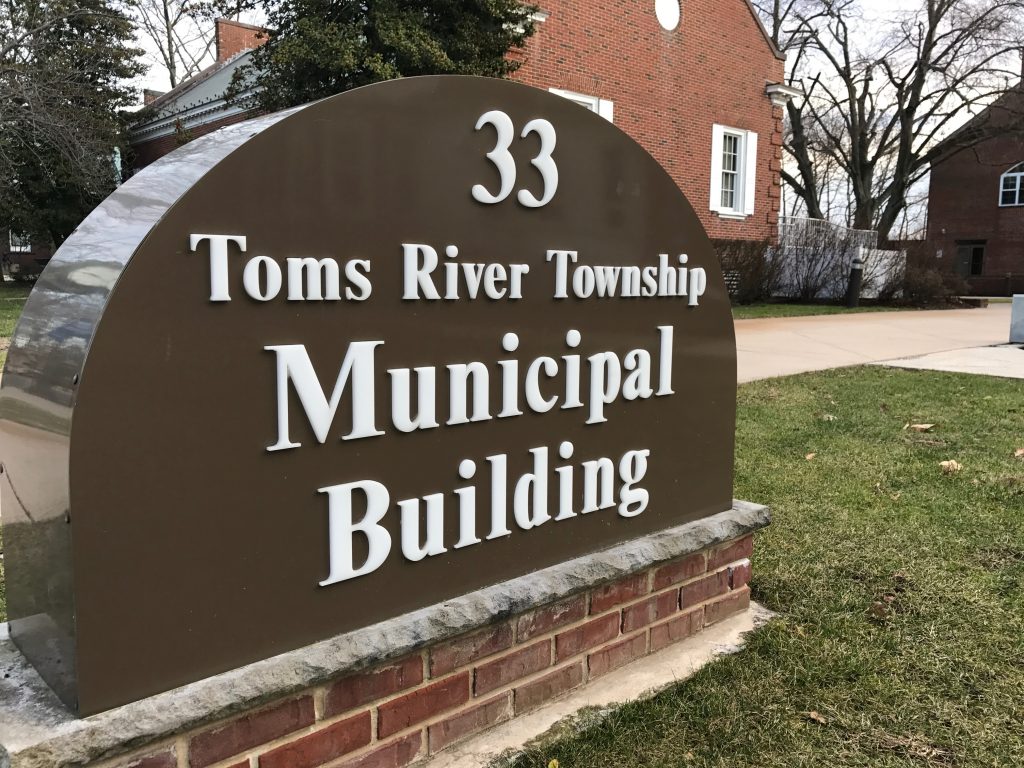Toms River officials raised the fees for numerous building permits at a meeting of the township council Tuesday night, but said the fees remain lower than most surrounding communities, and the building office must break even or taxpayers are on the hook for cost overages.
According to the township’s code book, the fees were last modified in 2009. While numerous fees are being raised, some include plan reviews rising from $75 to $90, permits for new residential construction rising from $0.039 per square foot to $0.043, and incremental increases of home renovation permits depending on the value of the project. The minimum fee will rise from $75 to $90.
Swimming pool permits will rise from $60 for an above-ground pool to $90, and $150 for an in-ground pool to $225. Fees for certificates of occupancy and building inspection fees will also rise. The full fee schedule passed Tuesday night is attached to this article. Demolition permit costs will remain the same.
“Our construction department last year had a deficit of over $200,000,” said Mayor Maurice “Mo” Hill. “We are still, by a large number, lower than our surrounding communities of Brick, Manchester and Jackson townships.”
Officials said the permit fees are ultimately user fees, with the alternative to raising them being to subsidize the building department with general tax revenue.
“Without raising fees, the taxpayer has to subsidize these departments, and in many cases they are very specific,” said Councilman Matthew Lotano.
“I know as a contractor, compared to what you normally pay in surrounding towns, these fees are very reasonable,” added Councilman Josh Kopp.
The sole dissenting vote was cast by Councilman Dan Rodrick, who said he is opposed to any tax or fee increases. Rodrick had already expressed concern at the meeting for the pending purchase of the former Surf Club property.
“We cannot continue to spend money we do not have on things we do not need,” he said. “We are in the middle of a pandemic – we need to cut costs, not raise taxes and fees.”
“Nobody likes to raise fees, but I think we did it in a very prudent manner,” said Hill. “They will be paid by the people who use those services.”
The Full Fee Ordinance, As Adopted:


Police, Fire & Courts
South Toms River Man Charged in Violent Murder of Wife

Police, Fire & Courts
Toms River Man Sentenced to Prison for Assault, Eluding, Robbery, Threats

Police, Fire & Courts
Toms River Man Sentenced to Prison for Assault, Eluding, Robbery, Threats







